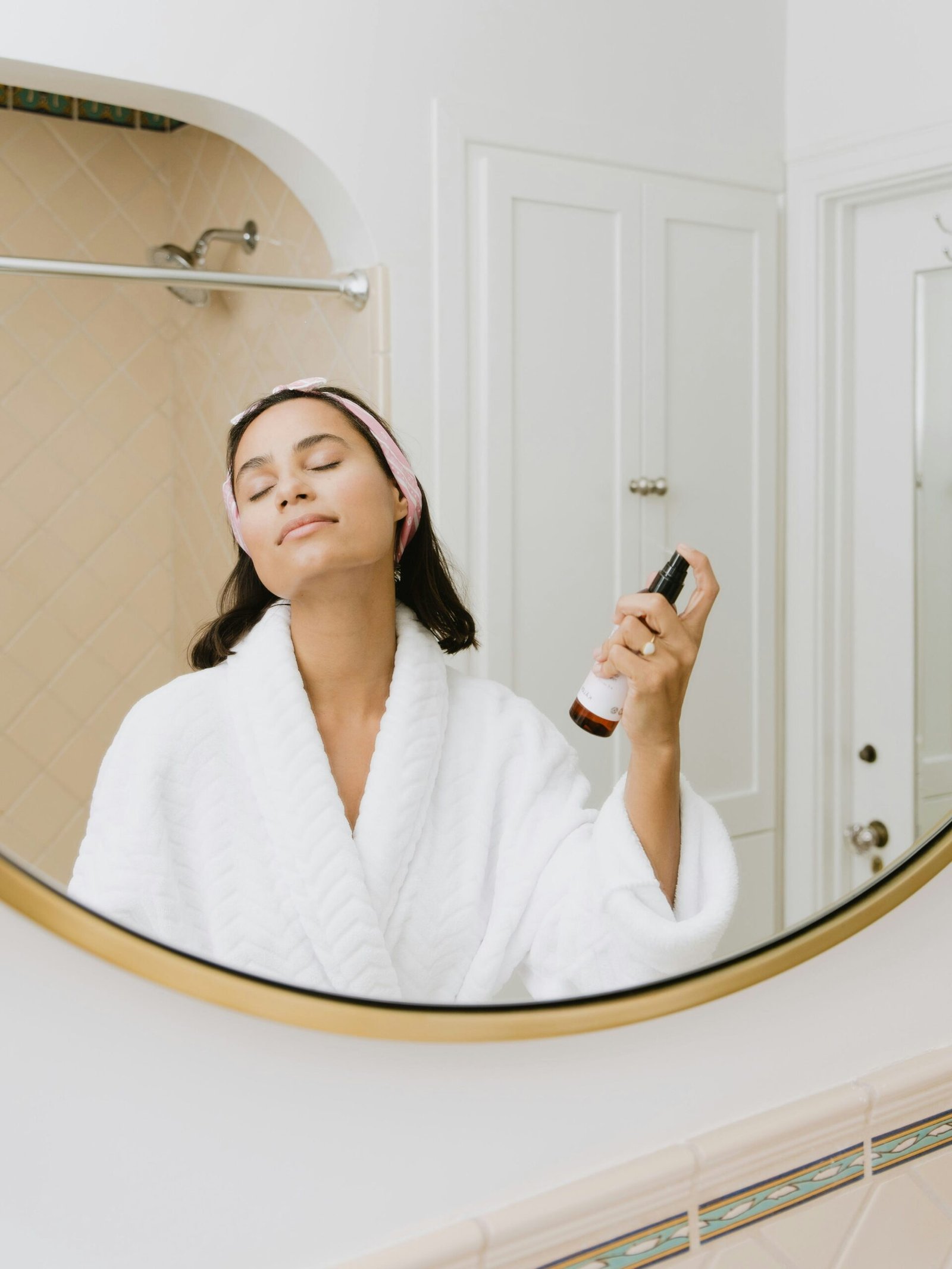The Best Skin Care Routine for a 50-Year-Old Woman
As we age, our skin goes through various changes, and it becomes essential to adapt our skincare routine to address these specific concerns. A well-rounded skincare routine can help maintain a healthy and youthful complexion. Here is a recommended skincare routine for a 50-year-old woman:
1. Cleanse
Start your skincare routine by cleansing your face with a gentle cleanser. Look for a cleanser that is formulated for mature skin and is free from harsh chemicals. This will help remove dirt, oil, and impurities without stripping away the skin’s natural moisture.
2. Hydrate and Nourish
Hydration is key for mature skin, so follow up cleansing with a hydrating serum or facial oil. These products can help replenish moisture, boost collagen production, and improve the overall texture of the skin. Look for ingredients like hyaluronic acid, vitamin C, and peptides for maximum benefits.
3. Moisturize
Choose a moisturizer that is specifically designed for mature skin. Look for ingredients like retinol, niacinamide, and ceramides, which can help reduce fine lines, improve elasticity, and restore the skin’s natural barrier function. Apply the moisturizer both in the morning and evening to keep your skin hydrated throughout the day.
4. Protect
Don’t forget to protect your skin from the sun’s harmful rays. Apply a broad-spectrum sunscreen with an SPF of 30 or higher every day, even during cloudy days. Sunscreen can help prevent further damage to the skin and reduce the risk of age spots, wrinkles, and skin cancer.
5. Eye Care
The delicate skin around the eyes requires special attention. Use an eye cream or serum that is specifically formulated to target concerns like dark circles, puffiness, and fine lines. Gently apply the product using your ring finger, starting from the inner corner of the eye and moving outward.
Remember, consistency is key when it comes to skincare. Follow this routine diligently, and don’t forget to listen to your skin’s needs. If you have any specific concerns or conditions, it’s always best to consult with a dermatologist for personalized advice.





